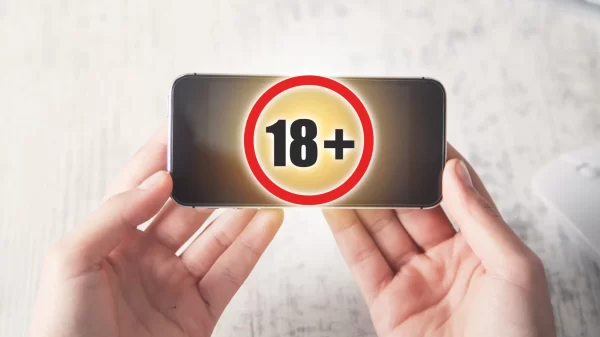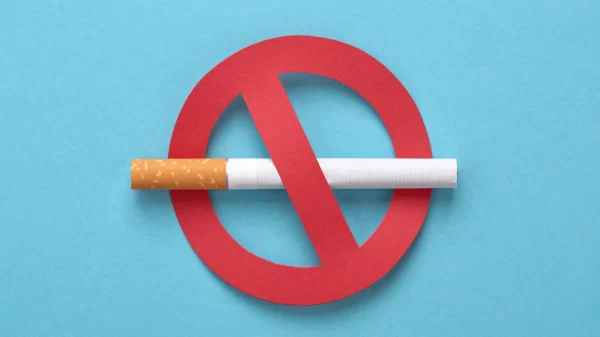By Samuel Mattison
Alabama Political Reporter
In a change of position, Senate Majority Leader Mitch McConnell, R-Ky., said the people of Alabama should decide if Republican Senate candidate Roy Moore should be elected.
McConnell, appearing on ABC’s “This Week” program, told host George Stephanopoulos that he’ll let Alabama “make the call” on Moore a week from Tuesday.
While this may be a shift from his calls on Moore to resign, McConnell hinted that Moore may face pushback when he’s in the Senate. He said the Senate ethic committee will come to the “right conclusion.”
“Well, my job is to be the majority leader of the Senate,” McConnell said. “And we have jurisdiction over these matters when there is a Senator accused of wrongdoing, for example, we have two other ethics committee cases right now, Senator Franking and Senator Menendez. So, we will handle it in Senate when it comes to Senators’ alleged behavior.”
The majority leader had previously called for Moore to withdraw outright after a Washington Post report said the Republican candidate engaged in sexual misconduct with teenagers.
Moore’s campaign has denied all allegations made by the report.
Since McConnell called on Moore to resign, Moore switched to a combative campaign against McConnell’s role as Majority Leader. McConnell, a favorite target of Moore’s during the Republican Primary, has remained silent on Moore’s attacks on his credibility.
“I’m gonna tell you who needs to step down, that’s Mitch McConnell,” Moore tweeted after McConnell’s call for him to step down.
Along with McConnell, other influential senators have backed away from Moore’s candidacy. Sens. Mike Lee, R-Utah, and Steven Daines, R-Montana, both revoked their endorsements of Moore after the allegations in the Post.
Moore also lost joint-fundraising deals with both the Republican National Committee and the GOP Senate campaigning fund.
Along with these fundraising deals, Sen. Cory Gardener, R-Colorado, suggested that Moore will be expelled from office if he wins the seat. This expulsion would mark the first since the Civil War, which were mainly senators who supported the Confederacy.
It won’t be the first times Moore has been kicked out of office.
In 2003, Moore was throw off the state Supreme Court for a Ten Commandments monument that Moore refused to move in the Supreme Court building in Montgomery. In 2015, the Court of the Judiciary suspended Moore without pay for defying a ruling from the Supreme Court to issue same-sex marriage licenses.
Moore gave up his chief justice position at the court to run for the Senate seat. He won the GOP nomination from McConnell-backed Sen. Luther Strange, R-Ala., in September.
Super PAC attack ads by Senate Leadership Fund—a PAC that has connections to McConnell—against Moore were a sore spot between relations with Moore and McConnell. On the evening of the election, the PAC conceded defeat and promised to help Moore get elected. The Super PAC has remained quiet since Moore’s September victory.
Similarly, President Donald Trump has had his own conflicting relationship with his support for Moore.
Trump seemed to endorse Moore at a campaign rally for Strange in September when he said he would “campaign like hell” for Moore if he won the primary. Since that promise, Trump has not come back to Alabama.
The president also took a non-committal stance on Moore’s accusers. Last month, he told reporters on the White House lawn that they should consider Moore’s denial of the events.
In two tweets last week about the Alabama race, Trump never mentioned Moore once but instead laid into Moore’s opponent Doug Jones for his left-leaning positions. Trump, nor his administration, have ever called on Moore to withdraw.
Moore goes head-to-head with Jones a week from Tuesday for the Senate seat left vacant by Jeff Session’s appointment to attorney general.















































